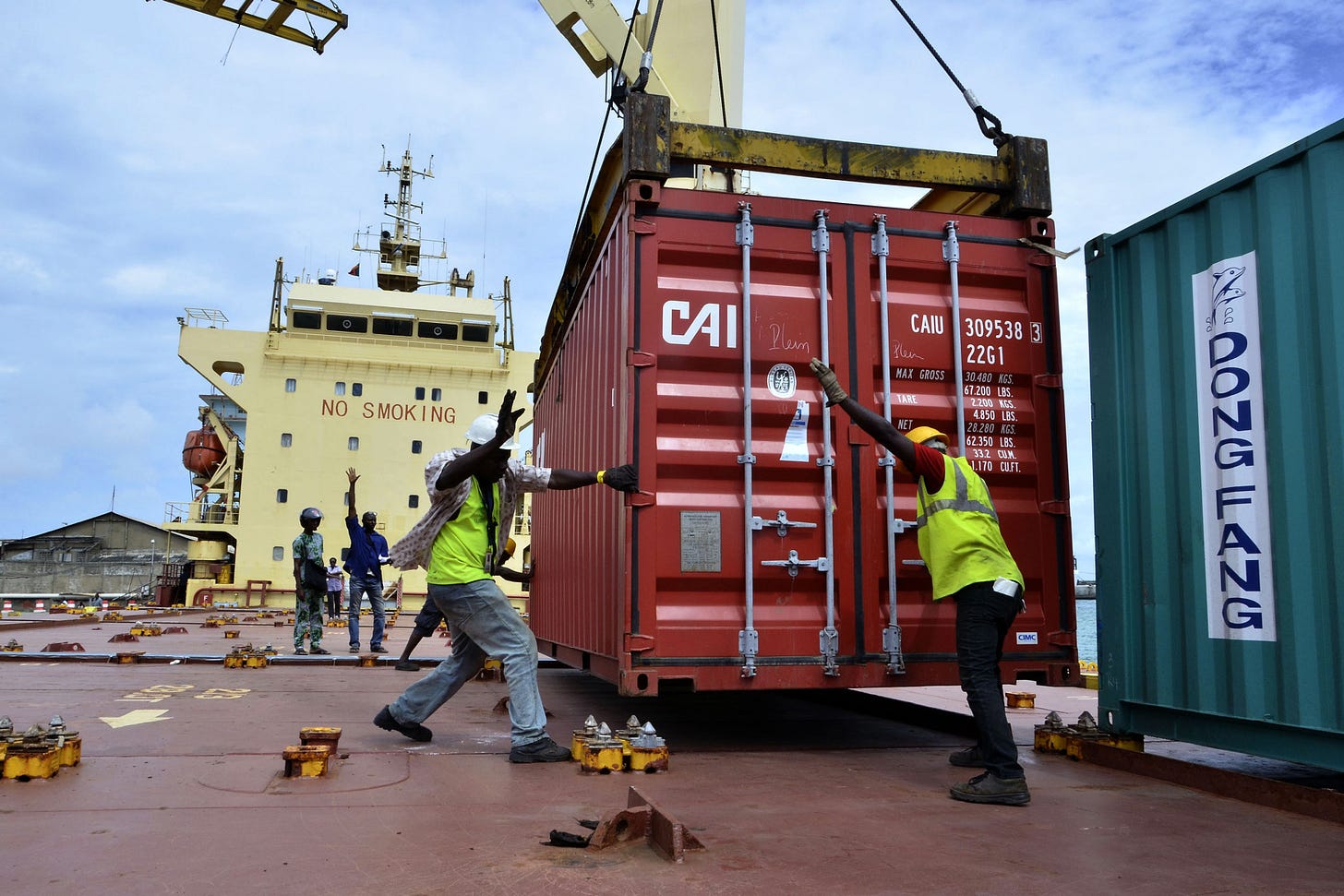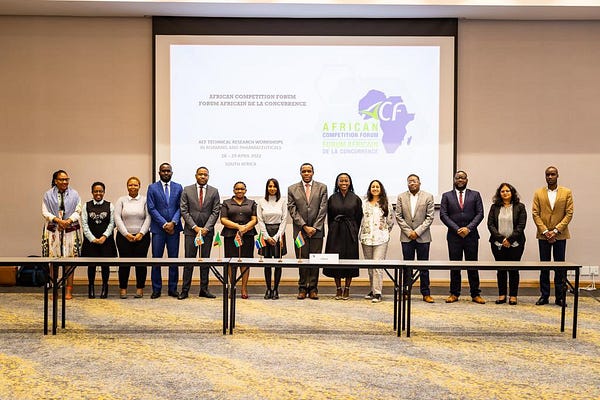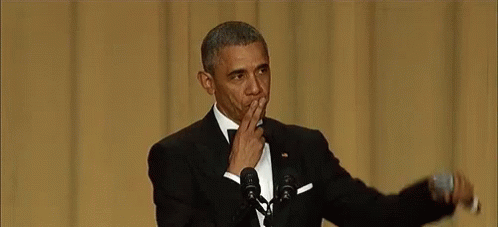What initially drew me to competition law is its interdisciplinary nature—insights from economics, politics, and business all feature. And not just that, I also found how it connected different legal areas very interesting. Privacy and data protection feature when applying competition law to Big Tech. Same with intellectual property and Big Pharma. My post on state aid implicates public law. And international law features when discussing extraterritoriality—which is the focus of this post.
In a nutshell, extraterritoriality concerns subjecting foreign entities to national competition laws.
Cross-border mergers are the obvious example, but there are others. Foreign companies, through their subsidiaries, may violate another country’s competition law. Alternatively, practices engaged in country A by foreign entities can lead to anticompetitive effects in country B. For instance, a joint venture between competitors in Tanzania might allow them to exchange collusive information about their businesses in Kenya.
The extraterritorial application of competition law is a very important topic and especially in Africa; because the presence of large multinationals is largely what differentiates the world that the West industrialised in, and the world that African countries have to industrialise in.

Matters are more pressing when viewed from a transfer of wealth lens. Imagine a Belgian company whose subsidiary is engaged in anticompetitive practices in Cameroon. These practices allow the Belgian company to reap supra-competitive profits—so, higher profits than if there were effective competitive constraints—at the expense of smaller, indigenous rivals. And who benefits? Belgian shareholders; thereby transferring wealth from Cameroon to Belgium.
I faced a similar problem at Nigeria’s Federal Competition and Consumer Protection Commission (FCCPC) during an investigation into a large multinational, whose Nigerian subsidiary had engaged in many anticompetitive practices—you name it, they (probably) did it. And because the subsidiary was basically unprofitable, the FCCPC attempted to fine the wealthy parent company.
Extraterritoriality in Europe
This brings me to the question that forms the subtitle of this article: can you apply competition law to foreign entities? Let us see what happens in Europe. Of course, African and European competition laws have evolved out of very different socioeconomic, political, and historical contexts, and the regimes have different values and objectives. But I think the European position on extraterritoriality is quite effective and can be adopted.
Extraterritorial jurisdiction developed incrementally in Europe: first with the single economic entity doctrine in 1972,1 then with the implementation doctrine in 1993,2 and in 2017, the qualified effects doctrine,3 was introduced. Let me unpack these.
The single economic entity doctrine allows for non-European parent companies to be subjected to EU competition law through their subsidiaries. Parents and their subsidiaries are said to be a single economic entity, or one ‘undertaking’, which is a term that refers to any entity engaged in an economic activity. Companies attempt to avoid this by pleading the ‘pure financial investor’ defence: that they do not really have control over the subsidiary and that they only participate in its business as a financial investor. But this can be rebutted if decisive influence/control can be established.
Coincidentally, this defence featured in the FCCPC investigation I referred to, and it was easily rebutted: concrete evidence (pictures, emails, slides, etc.) showed employees from the parent company giving direct instructions to the Nigerian subsidiary.
The implementation doctrine allows for agreements that are implemented within Europe to be subject to EU competition law. It is irrelevant whether the implementation was done by the entity’s agents, sub-agents, or branches, as long as it occurred in Europe.
And the qualified effects doctrine allows for agreements that are not implemented within Europe to still fall under EU competition law if they generate anticompetitive effects in Europe. But these effects must be foreseeable, immediate, and substantial.
Side note:
It would have been hard to predict, from the outset, how these principles would evolve—and it is important to bear this in mind for how extraterritorial jurisdiction might evolve in African competition laws.
Extraterritoriality in Africa
Some African competition laws also apply extraterritorially, and to illustrate this, I have selected some of the most active competition regimes on the continent.
Nigeria: according to section 2(1), “[e]xcept as may be indicated otherwise, [the Federal Competition and Consumer Protection Act (FCCPA), 2018] applies to all undertakings and all commercial activities within, or having effect within, Nigeria.” The single economic entity doctrine can be included in the definition of an ‘undertaking’ and there is a recognition of the effects-based approach.
Strangely, the FCCPA could apply to conduct done overseas, by a Nigerian citizen, with no effects in Nigeria.4 And, in theory, there would be no need to consider whether there are effects in Nigeria because the effects provision in section 2(1) is subject to anything ‘indicated otherwise’. So, even if you japa (translation: emigrate), you are still within the reach of the FCCPC.
South Africa: according to section 3(1), the Competition Act, 1998, applies to all economic activity within, or having effect within, South Africa.
One notable difference is that, unlike Nigeria, ‘undertaking’ has not been copied from Europe into South Africa. So it is unclear from a reading of the law whether the single economic entity doctrine can legitimately establish extraterritorial jurisdiction.
Mauritius: according to section 3(2), the Competition Act, 2007, applies to every economic activity within, or having effect within, Mauritius or a part of Mauritius.
Similarly, ‘undertaking’ was not copied; instead, Mauritius uses the term ‘enterprise’, which includes, “…any person, firm, partnership, corporation, company, association or other juridical person, engaged in commercial activities…and includes their branches, subsidiaries, affiliates or other entities directly or indirectly controlled by them.” This might allow the single economic entity doctrine to be imported into Mauritius.
Kenya: according to section 6, the Competition Act, 2010, only applies extraterritorially to: (i) Kenyan citizens or residents; (ii) companies incorporated or operating in Kenya; (iii) supplying or acquiring goods or services into or within Kenya; and (iv) acquiring shares or assets outside Kenya which leads to the change of control of a Kenyan business.
Kenya seems to be slightly more restrictive. It has the concept of an ‘undertaking’, so the single economic entity doctrine could feature. But, instead of qualified effects, it seems to adopt an ‘implementation’ approach. You have to be incorporated in Kenya, you have to conduct business in Kenya, which does not explicitly cover conduct that is implemented abroad but affects Kenyan markets and consumers.
Like Nigeria, Kenya adopts nationality as a basis for jurisdiction, without regard for implementation or effects.
Side note:
Unlike Kenya, the first three countries adopt the effects doctrine. But it is unclear what effects would qualify under their respective approaches—should it be Europe’s foreseeable, immediate, and substantial test, or something else?
It would be interesting to conduct a more thorough examination of how these provisions have been applied by the competition authorities and Courts—for instance, what factors are taken into account? When is extraterritorial jurisdiction used in practice? How often is it successfully established? What challenges are faced? But that is probably too long for Compedia post.
We need an African competition authority
It is one thing for national competition regimes to have their own ways to deal with extraterritoriality, but things become more interesting when we consider how an entire continent deals with extraterritoriality. And during the competition policy negotiations for the African Free Trade Area, we must harmonise and establish a continental approach for extraterritoriality—i.e., how to apply competition law, as a continent, to entities in non-African jurisdictions.

I think this necessitates the creation of an African competition authority. For instance, imagine a Japanese cartel which has anticompetitive effects in many West African countries. This (relatively) simple situation presents a range of reasons why we need an African competition authority.
First, what if each of the competition authorities in the affected West African countries decided to intervene? This duplicity (or maybe even triplicity) would be an inefficient allocation of resources. Instead, one authority should intervene on behalf of all the countries. Also, the duplicity might lead to inconsistent decisions—making it hard to develop predictable and legally certain African competition law precedent; the presence of which would make foreign investment easier.
Second, what if some affected countries do not have competition laws or functional competition authorities? For context, 14 African countries do not have a competition law and a further 9 have competition laws, but are yet to operationalise their enforcers. A continental authority can protect these countries from non-African (and even from intra-African) anticompetitive effects.
Third, what if the cartel is sanctioned by the Japanese government? It would be hard for one competition authority to single-handedly take on the Japanese government, especially since African countries tend to have less leverage. A continental authority might be able to harness more political support towards a unified response.
…but there are counterarguments
An obvious argument against an African competition authority, that I completely acknowledge, is under-enforcement because the regional competition authorities that we have are still a long way off where they ought to be.
Even the most active regional authority, the Common Market for Eastern and Southern Africa (COMESA) Competition Commission (CCC),5 pales in comparison to other competition authorities. For instance, in a 2017 merger between Bayer and Monsanto in the seeds and fertilisers markets, the CCC’s decision was only two pages long and the competition analysis was two single sentence paragraphs.6 Meanwhile, the Competition Commission of South Africa found significant problems with the merger and, inter alia, ordered divestments to protect the relevant markets.7

In fact, the CCC is the best case scenario. The worst case scenario is the West African Economic and Monetary Union’s Competition Commission, which: (i) prevented its member states from enforcing their national competition laws; and (ii) has issued only three decisions in two decades.8
As such, it is not clear why an African competition authority would suddenly become an adequate and active enforcer of competition law.
But there is hope: the authority can be spearheaded by the most active regimes (South Africa, Mauritius, Kenya, Nigeria, and Egypt) which broadly represent the different African demographics.
They are already having conversations around continental integration. For instance, see their recent joint statement to cooperate on enforcement in digital markets (and my post on the statement). Also, see the work being done by the African Competition Forum (a network of African competition authorities). Last year, they conducted a thorough cross-country study into the competitive dynamics of various aviation sectors on the continent.




We are already moving towards converging on a continental approach to competition law and policy, and these authorities are taking us there. Hopefully this also involves a harmonisation of the principles governing extraterritorial jurisdiction.
Before you go…
…here are some recent developments in the world of competition law:
Price gouging: The Competition Tribunal of South Africa found Tsutsumani Business Enterprises guilty of price gouging when it supplied face masks to the South African Police Service (SAPS) during the COVID-19 lockdown. For context, the SAPS needed 9 million face masks per month to protect its members and Tsutsumani exploited the crisis by charging R32.50 per mask, even though it paid R17.35 per mask, on average. Bottom line is: competition law can save taxpayer money. But what is interesting (and perhaps more controversial) is that a competition authority can decide how much profit a company should make and what amounts to excessive profit.
Bid rigging: The Competition Commission of Mauritius (CCM) has published guidance for public procurers on bid rigging. It aims to raise awareness among public procurement officials on how bid rigging can occur at the different stages of a bid. This comes after the CCM recently fined two suppliers of medical gases for bid rigging. Bidding for government or other contracts should allow the awarding party to benefit from the process of competition. However, companies which bid against each other can collude by taking turns to bid or fixing prices.
Social capital: Enyinnaya Uwadi, who has previously written on Compedia, recently published an article in the American Bar Association’s journal. The article explores how a competition authority in a developing country can improve its social capital by taking on investigations that will generate good press and public acclaim. He does this by analysing the FCCPC’s track record. Read more here: Building Social Capital in a Hard-Knock Regulatory Terrain: Lessons for New Competition Authorities.
Section 2(3)(a) of the FCCPA.
These regional blocs also have competition enforcers: the Economic Community of West African States; the West African Economic and Monetary Union; the Southern African Development Community; the East African Community; the Economic and Monetary Community of Central Africa; and the Economic Community of Central African States.
Eleanor Fox & Mor Bakhoum, Making Markets Work for Africa (OUP 2019) pages 136-139.
Id. Fox & Bakhoum.
Id. Fox & Bakhoum, pages 145-147.



